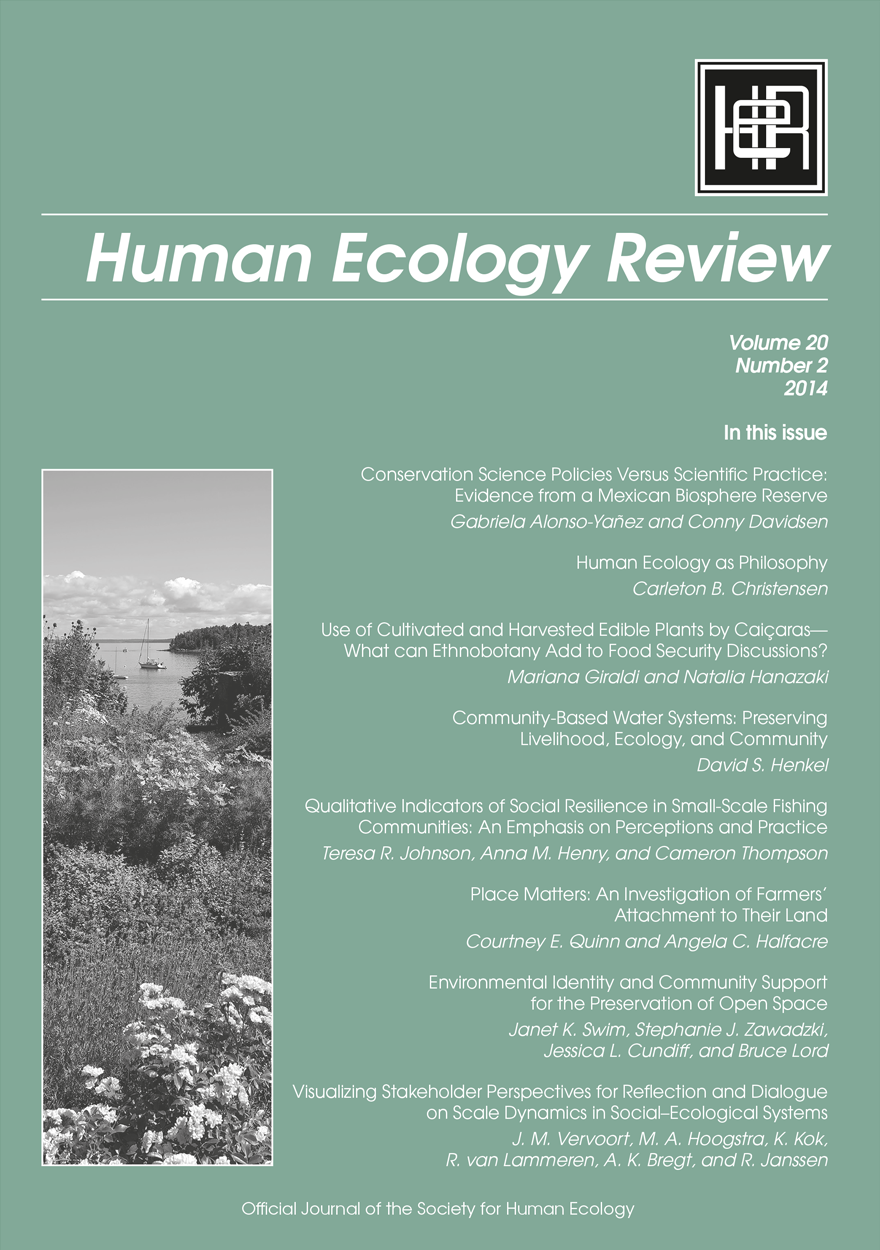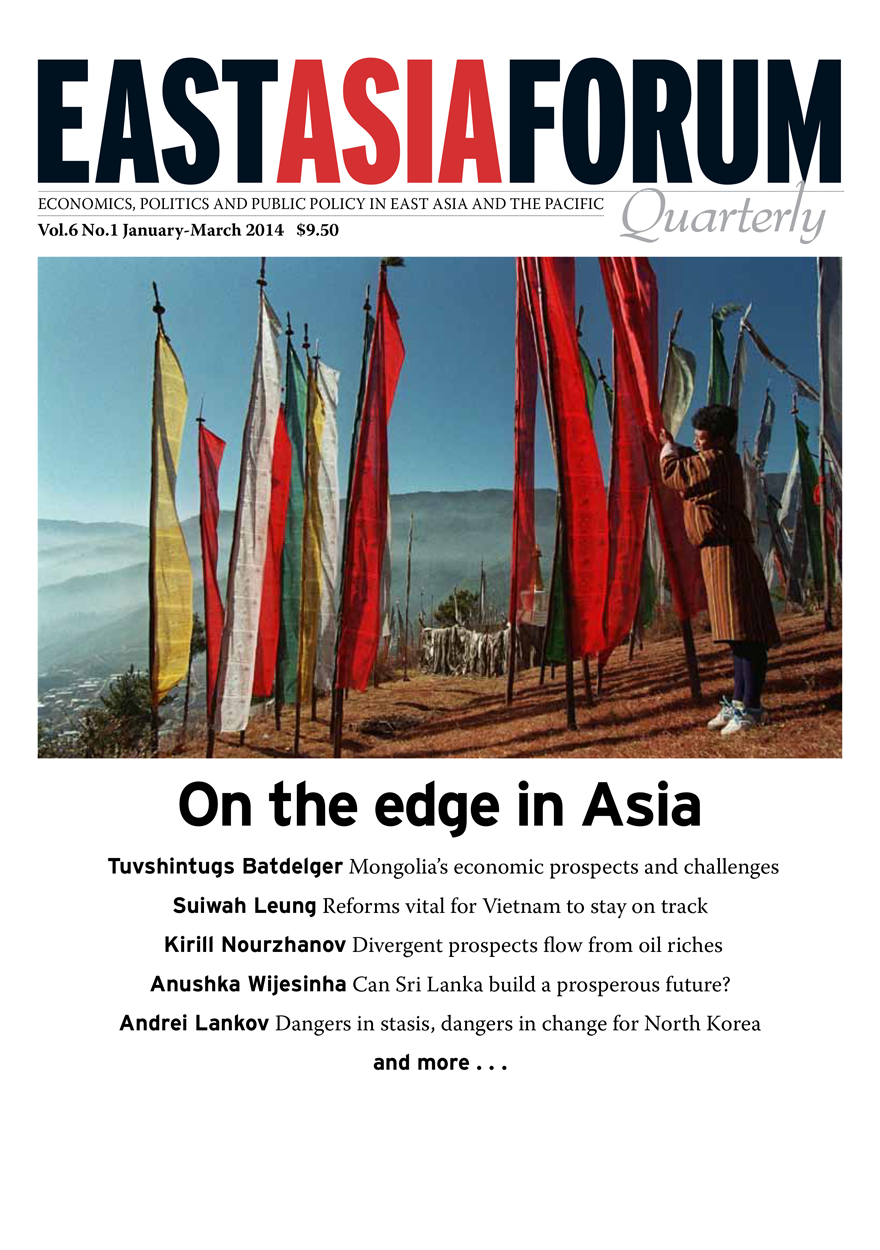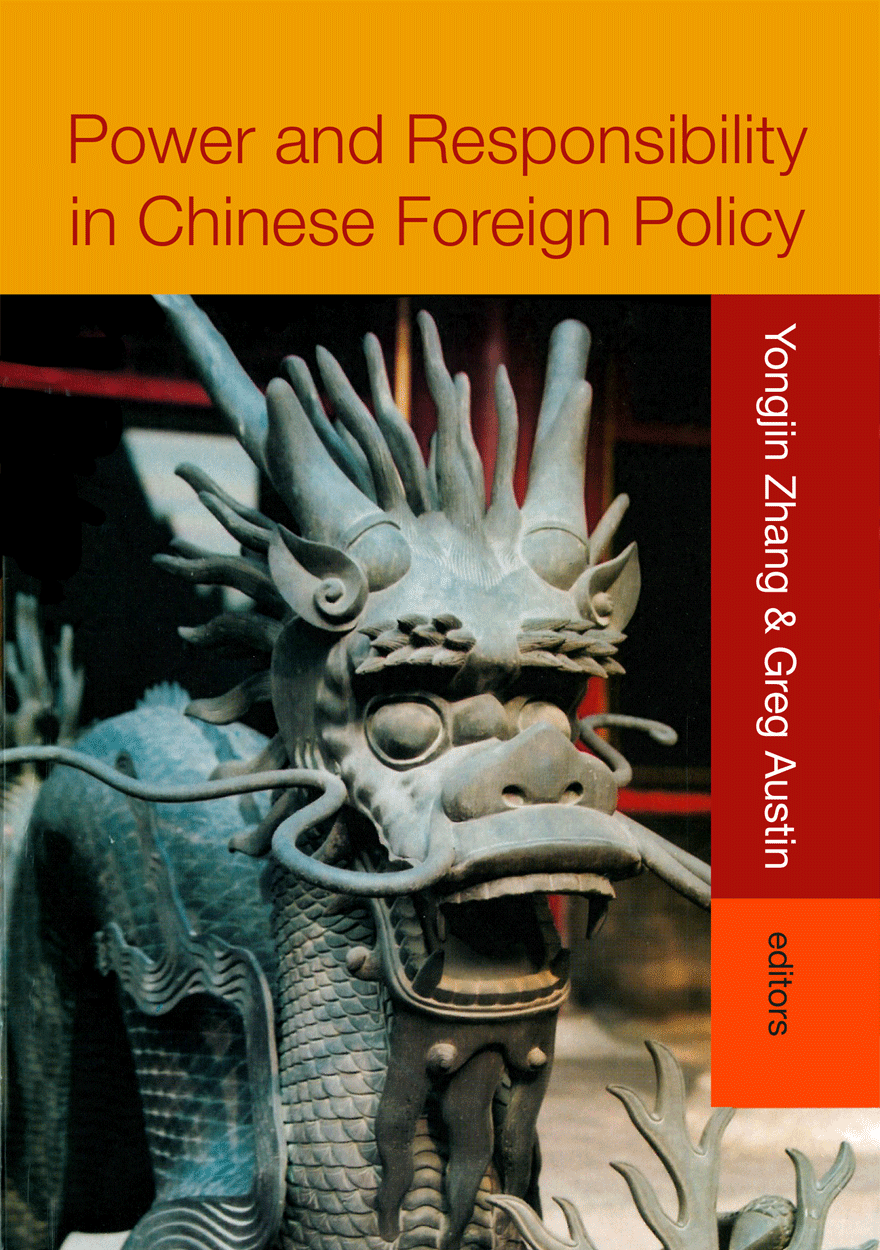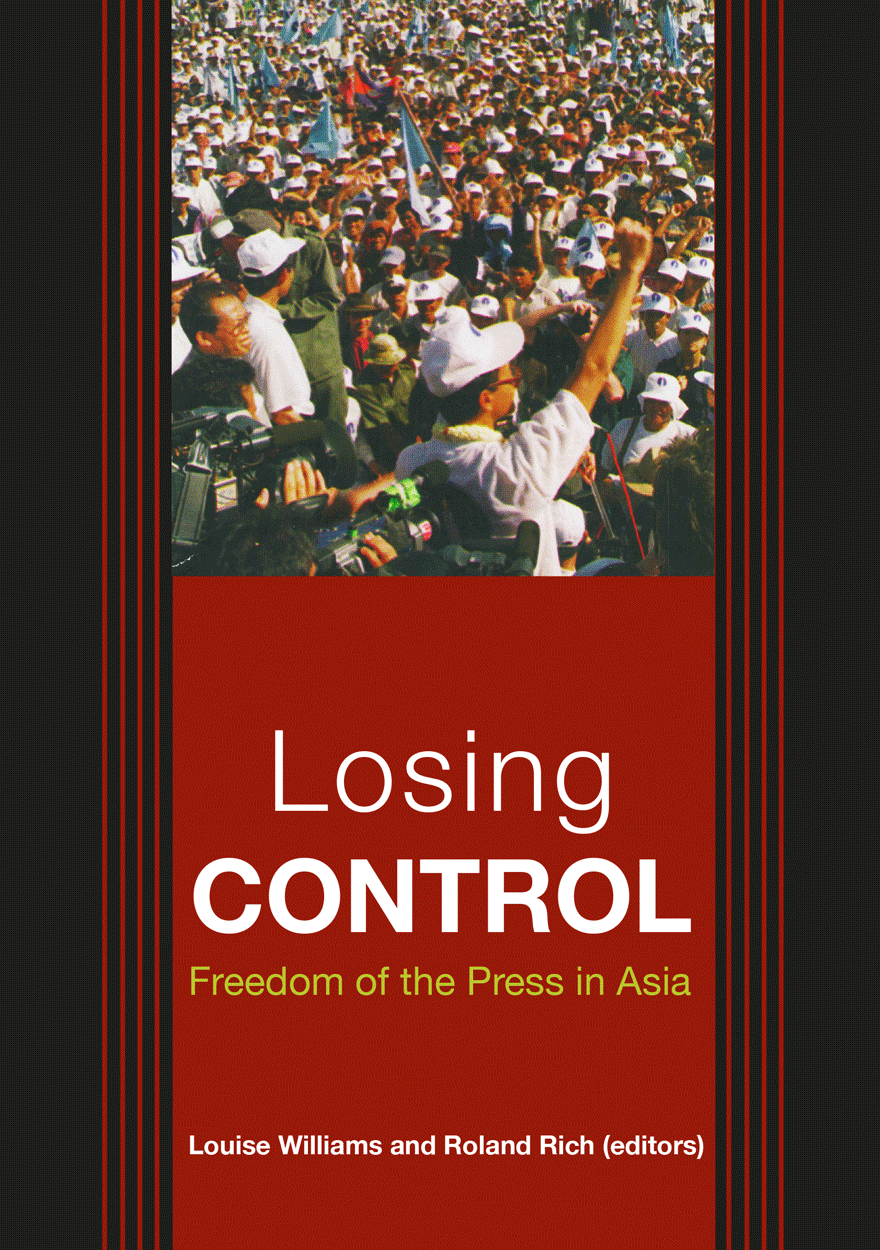Search titles
Displaying results 231 to 240 of 376.

Studies in Australian Political Rhetoric »
Edited by: John Uhr, Ryan Walter
Publication date: September 2014
This edited collection includes eleven major case studies and one general review of rhetorical contest in Australian politics. The volume showcases the variety of methods available for studying political speech, including historical, theoretical, institutional, and linguistic analyses, and demonstrates the centrality of language use to democratic politics. The chapters reveal errors in rhetorical strategy, the multiple and unstable standards for public speech in Australia, and the links between rhetoric and action. The length of Australian political speech is traversed, from pre-Federation to the Gillard minority government (2010–13), and the topics similarly range from Alfred Deakin’s nation-building to Kevin Rudd’s Apology to the Stolen Generations. This fresh collection is intended to stimulate and advance the study of political rhetoric in Australia.

Human Ecology Review: Volume 20, Number 2 »
Publication date: September 2014
Human Ecology Review is a semi-annual journal that publishes peer-reviewed interdisciplinary research on all aspects of human–environment interactions (Research in Human Ecology). The journal also publishes essays, discussion papers, dialogue, and commentary on special topics relevant to human ecology (Human Ecology Forum), book reviews (Contemporary Human Ecology), and letters, announcements, and other items of interest (Human Ecology Bulletin). Human Ecology Review also publishes an occasional paper series in the Philosophy of Human Ecology and Social–Environmental Sustainability.
Download for free
Not available for purchase

Australia and Latin America »
Challenges and Opportunities in the New Millennium
Edited by: Barry Carr, John Minns
Publication date: August 2014
This is a good time to reflect on opportunities and challenges for Australia in Latin America. Impressive economic growth and opportunities for trade and investment have made Latin America a dynamic area for Australia and the Asia Pacific region. A growing Latin American population, Australia’s attractiveness to Latin American students, a fascination with the cultural vibrancy of the Americas and an awareness of Latin America’s increasingly independent stance in politics and economic diplomacy, have all contributed to raising the region’s profile. This collection of essays provides the first substantial introduction to Australia’s evolving engagement with Latin America, identifying current trends and opportunities, and making suggestions about how relationships in trade, investment, foreign aid, education, culture and the media could be strengthened.

Deepening Reform for China's Long-term Growth and Development »
Edited by: Ross Garnaut, Cai Fang, Ligang Song
Publication date: July 2014
The Chinese economy has entered a new phase of development in which sources of growth are not so much dependent upon pure increases in labour, investment and credit expansion, but from productivity improvement, structural changes, technological progress and the benefits from improvement of the social security and welfare improvement. When market functions are fully established to become a main channel for allocating resources, the entrepreneurship will flourish engaging in more innovative activities, workers will move more freely and have more incentives to improve their skills, firms will become more productive through market entry and exit, the economic structure will become more balanced because of the improved resource allocation, and in the end, growth will become more spontaneous and sustainable. In this sense, reforms could deliver ‘dividend’ by raising China’s potential economic growth rates.
For China to confront all the challenges it faces at present, the reforms undertaken now have to be deep, comprehensive and far-reaching in order to succeed in paving the way for China to complete the task of transformation in the long-term. There is no better alternative than deepening the market-oriented reform in advancing the course of China’s modernisation for future development and prosperity and lifting China to the status of a developed economy in the next two decades. The recent China update books have covered the topic of reform from different angles and this new book is another attempt to address this important issue.

East Asia Forum Quarterly: Volume 6, Number 2, 2014 »
Publication date: June 2014
East Asia Forum Quarterly grew out of East Asia Forum (EAF) online, which has developed a reputation for providing a platform for the best in Asian analysis, research and policy comment on the Asia Pacific region in world affairs. EAFQ aims to provide a further window onto research in the leading research institutes in Asia and to provide expert comment on current developments within the region. The East Asia Forum Quarterly, like East Asia Forum online, is an initiative of the East Asia Forum (EAF) and its host organisation, the East Asian Bureau of Economic Research (EABER) in the Crawford School of Economics and Government in the College of Asia & the Pacific at The Australian National University.
Download for free
Not available for purchase

Global Water »
Issues and Insights
Publication date: May 2014
This book brings together some of the world’s leading water researchers with an especially written collection of chapters on: water economics; transboundary water; water and development; water and energy; and water concepts.

East Asia Forum Quarterly: Volume 6, Number 1, 2014 »
Publication date: March 2014
East Asia Forum Quarterly grew out of East Asia Forum (EAF) online, which has developed a reputation for providing a platform for the best in Asian analysis, research and policy comment on the Asia Pacific region in world affairs. EAFQ aims to provide a further window onto research in the leading research institutes in Asia and to provide expert comment on current developments within the region. The East Asia Forum Quarterly, like East Asia Forum online, is an initiative of the East Asia Forum (EAF) and its host organisation, the East Asian Bureau of Economic Research (EABER) in the Crawford School of Economics and Government in the College of Asia & the Pacific at The Australian National University.
Download for free
Not available for purchase

Power and Responsibility in Chinese Foreign Policy »
Edited by: Yongjin Zhang, Greg Austin
Publication date: January 2014
The People’s Republic of China is now over fifty years old. Long considered an outsider, or a club of one, in international relations, China has recently become more active in international institutions. Is China becoming a responsible power in global and regional international relations? How accurate is the traditional perception of China? What factors may be motivating the changes in China’s approach to international institutions and its perceptions of its own role in the world? There is no certainty that China is becoming a more responsible power, recent developments may be just another manifestation of realpolitik.
Power and Responsibility in Chinese Foreign Policy provides a vital insight into these issues, analysing the critical issues in China’s international relations– China’s regional and global diplomatic and security problems, the changing role of the People’s Liberation Army, human rights, religious and democratic movements, and the concept of responsibility. Power and Responsibility in Chinese Foreign Policy is an insightful and vital introduction to all sides of the current debate over China’s international relations.

Losing Control »
Freedom of the Press in Asia
Edited by: Louise Williams, Roland Rich
Publication date: January 2014
‘A free press is not a luxury. A free press is at the absolute core of equitable development’ according to World Bank President James Wolfensohn. A free press is also the key to transparency and good governance and is an indispensable feature of a democracy. So how does Asia rate? In Losing Control, leading journalists analyse the state of play in all the countries of North Asia and Southeast Asia. From the herd journalism of Japan to the Stalinist system of North Korea, Losing Control provides an inside look at journalism and freedom of the press in each country. One conclusion—a combination of new technology and greater democracy is breaking the shackles that once constrained the press in Asia.
‘Brings together Asia’s best and brightest observers of the press.’
Hamish McDonald, Foreign Editor, The Sydney Morning Herald
‘A rare insiders’ view exposing the real dynamics behind social and political change in Asia.’
Evan Williams, Foreign Correspondent, ABC TV
‘A timely and necessary contribution to the debate over the quality of freedom in Asia.’
Geoffrey Barker, The Australian Financial Review

Building a Sustainable and Desirable Economy-in-Society-in-Nature »
Authored by: Robert Costanza, Gar Alperovitz, Herman Daly, Joshua Farley, Carol Franco, Tim Jackson, Ida Kubiszewski, Juliet Schor, Peter Victor
Publication date: December 2013
The world has changed dramatically. We no longer live in a world relatively empty of humans and their artifacts. We now live in the “Anthropocene,” era in a full world where humans are dramatically altering our ecological life-support system. Our traditional economic concepts and models were developed in an empty world. If we are to create sustainable prosperity, if we seek “improved human well-being and social equity, while significantly reducing environmental risks and ecological scarcities,” we are going to need a new vision of the economy and its relationship to the rest of the world that is better adapted to the new conditions we face. We are going to need an economics that respects planetary boundaries, that recognizes the dependence of human well-being on social relations and fairness, and that recognizes that the ultimate goal is real, sustainable human well-being, not merely growth of material consumption. This new economics recognizes that the economy is embedded in a society and culture that are themselves embedded in an ecological life-support system, and that the economy cannot grow forever on this finite planet.
In this report, we discuss the need to focus more directly on the goal of sustainable human well-being rather than merely GDP growth. This includes protecting and restoring nature, achieving social and intergenerational fairness (including poverty alleviation), stabilizing population, and recognizing the significant nonmarket contributions to human well-being from natural and social capital. To do this, we need to develop better measures of progress that go well beyond GDP and begin to measure human well-being and its sustainability more directly.



